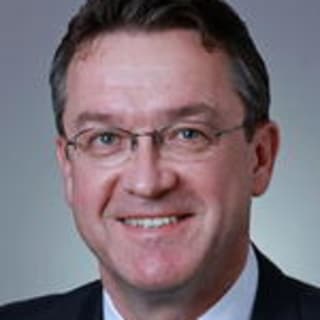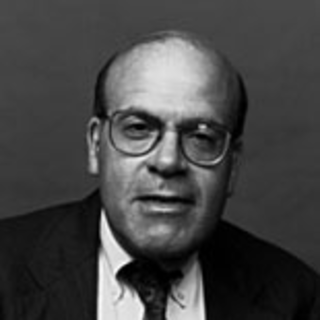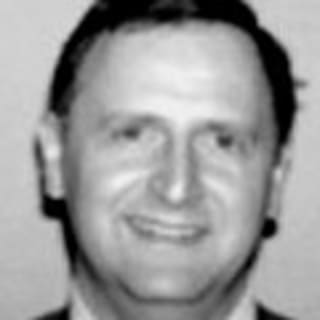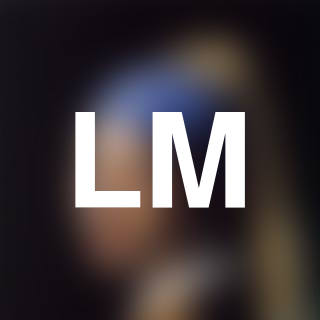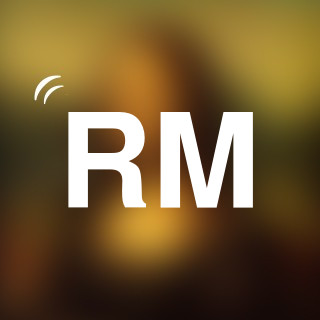
Join to View Full Profile
Dept. Of Pathology - Nrb 858c77 Louis Pasteur AvenueBoston, MA 02115
Phone+1 617-432-6800
Are you Dr. Yankner?
Join over one million U.S. Physicians, Nurse Practitioners and PAs, already on Doximity.
- Gain access to free telehealth tools, such as our "call shielding" and one-way patient texting.
- Connect with colleagues in the same hospital or clinic.
- Read the latest clinical news, personalized to your specialty.
Summary
- Dr. Bruce Yankner, MD is a board certified neurologist in Boston, Massachusetts. He is currently licensed to practice medicine in Massachusetts. He is a Professor of Genetics and Neurology at Harvard Medical School. Director.
Education & Training
 Mass General Brigham/Brigham and Women's Hospital/Massachusetts General Hospital/Harvard Medical SchoolResidency, Neurology, 1984 - 1986
Mass General Brigham/Brigham and Women's Hospital/Massachusetts General Hospital/Harvard Medical SchoolResidency, Neurology, 1984 - 1986 Stanford Health Care-Sponsored Stanford UniversityResidency, Internal Medicine, 1982 - 1984
Stanford Health Care-Sponsored Stanford UniversityResidency, Internal Medicine, 1982 - 1984 Stanford University School of MedicineClass of 1982
Stanford University School of MedicineClass of 1982
Certifications & Licensure
 MA State Medical License 1987 - 2027
MA State Medical License 1987 - 2027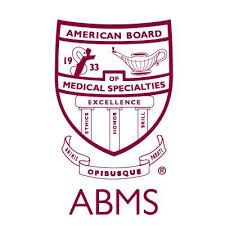 American Board of Psychiatry and Neurology Neurology
American Board of Psychiatry and Neurology Neurology
Publications & Presentations
PubMed
- 3 citationsImpaired neural stress resistance and loss of REST in bipolar disorder.Katharina Meyer, King-Hwa Ling, Pei-Ling Yeo, Angeliki Spathopoulou, Derek Drake
Molecular Psychiatry. 2024-01-01 - 3 citationsA neurodegeneration checkpoint mediated by REST protects against the onset of Alzheimer's disease.Liviu Aron, Chenxi Qiu, Zhen Kai Ngian, Marianna Liang, Derek Drake
Nature Communications. 2023-11-02 - 11 citationsOrgo-Seq integrates single-cell and bulk transcriptomic data to identify cell type specific-driver genes associated with autism spectrum disorder.Elaine T Lim, Yingleong Chan, Pepper Dawes, Xiaoge Guo, Serkan Erdin
Nature Communications. 2022-06-10
Press Mentions
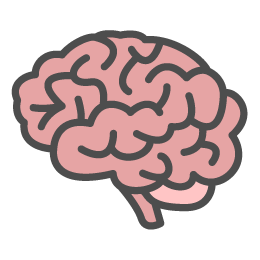 What Happens to the Brain After Age 40?November 1st, 2022
What Happens to the Brain After Age 40?November 1st, 2022 To Learn More Quickly, Brain Cells Break Their DNASeptember 5th, 2021
To Learn More Quickly, Brain Cells Break Their DNASeptember 5th, 2021 Wednesday Round up #32January 14th, 2021
Wednesday Round up #32January 14th, 2021- Join now to see all
Grant Support
- Training in the Molecular Biology of Neurodegeneration and Alzheimer's DiseaseHARVARD MEDICAL SCHOOL1992–2027
- Training in the Molecular Biology of Neurodegeneration and Alzheimer's DiseaseHARVARD MEDICAL SCHOOL1992–2027
- Targeting REST in Alzheimer's DiseaseHARVARD MEDICAL SCHOOL2021–2026
- Targeting REST in Alzheimer's DiseaseHARVARD MEDICAL SCHOOL2021–2026

